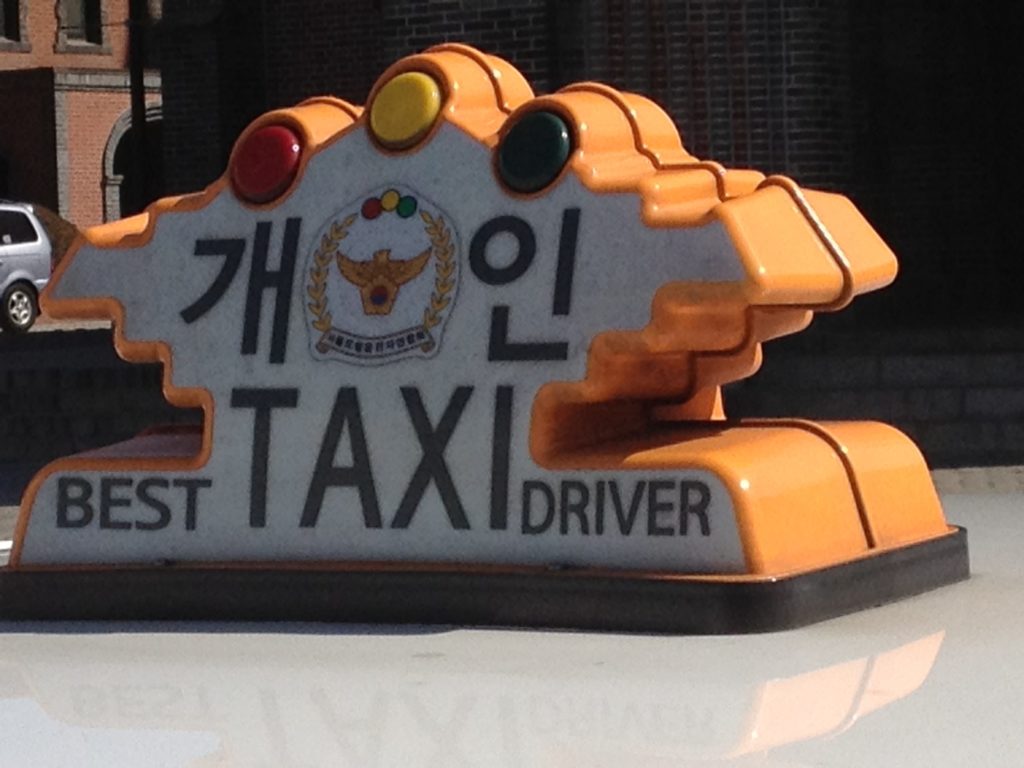The Peninsula
People-Centered Economy vs. Innovation

This briefing comes from Korea View, a weekly newsletter published by the Korea Economic Institute. Korea View aims to cover developments that reveal trends on the Korean Peninsula but receive little attention in the United States. If you would like to sign up, please find the online form here.
What Happened
- On October 7, Tada, a ride-hailing mobile app platform, announced that it would increase its number of vehicles from 1,400 to 10,000.
- In response, 12,500 taxi drivers gathered to protest against Tada on October 23.
- On October 28, the Seoul Central District Prosecutors’ Office indicted the heads of Tada on charges of operating illegal passenger transportation business.
Implications: The South Korean government is struggling to balance its dual aim of promoting innovative business and protecting workers in existing industries. The government has been cutting regulations to accelerate innovative growth and incentivize startups. However, some innovations inevitably displace some traditional industries. The transportation industry is one of the most salient examples of this conflict. Recently, prosecutors indicted Tada executives following massive protests by taxi drivers who argued that the government should halt Tada’s illegal operations. The Korea Startup Forum, an advocacy group for local startups, voiced concerns that the indictment might nullify government’s efforts to boost innovation.
Some observers are concerned that the case against Tada might have a cooling effect on startups and investments in innovations related to the sharing economy. Because the indictment against Tada comes on the heels of similar cases involving Uber and Kakao, some have accused the government of “much talk but little action” on innovation.
Context: This is not the first time that the taxi industry fought against ride-sharing platforms. The government has been attempting to find a “win-win” solution that would allow startups like Tada to operate while appeasing taxi drivers. In July, the transport ministry proposed a plan in which service like Tada would contribute a portion of their earnings to a public fund that would purchase taxi licenses. However, both Tada and taxi drivers were dissatisfied with the government’s suggestion.
Korea View was edited by Yong Kwon with the help of Soojin Hwang, Hyoshin Kim, and Rachel Kirsch.
Picture from user Ged Carroll on flickr
